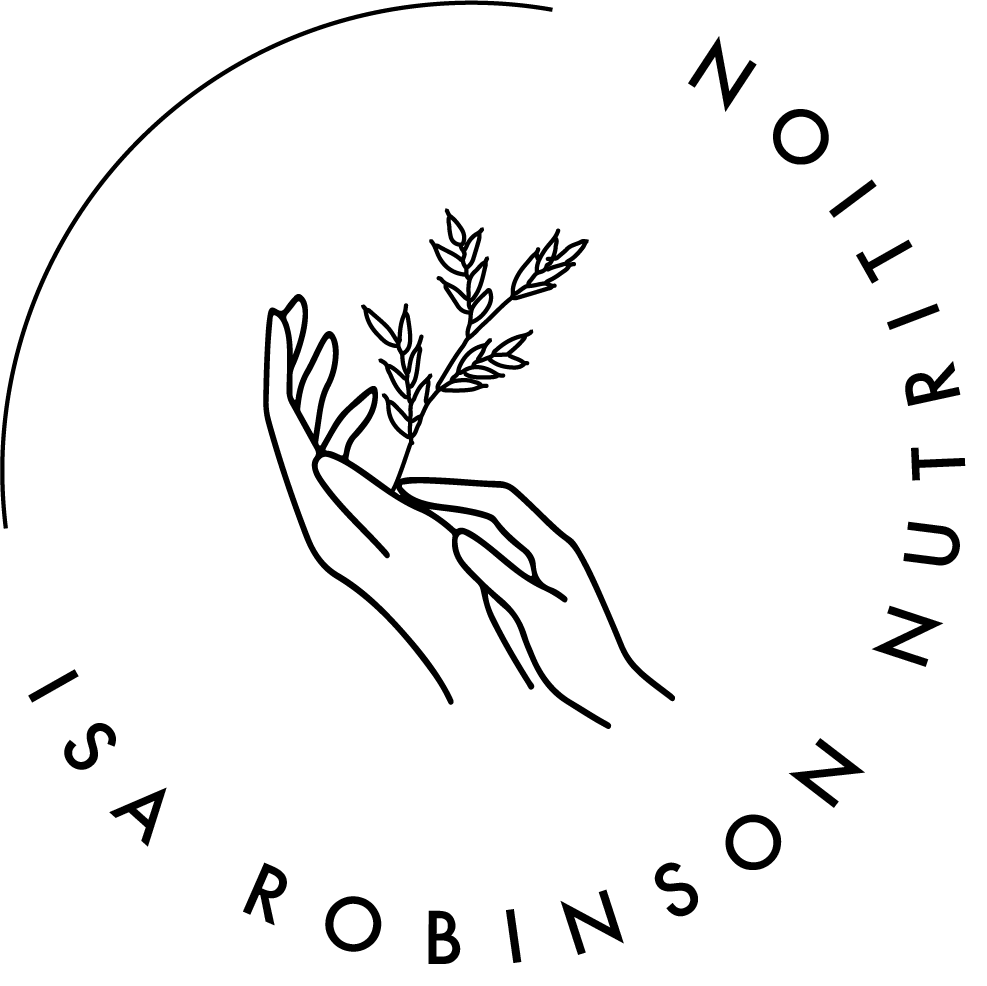What’s the deal with food intolerance (IgG) tests?
What’s the deal with food intolerance tests? We’ve all seen a whole host of influencers promoting food intolerance tests on Instagram, but are they worth your time or money?
What is the difference between an allergy and an intolerance?
True Allergies: immunoglobulin E (IgE) antibodies are formed which bind to certain cells, releasing chemicals that trigger all the nasty and serious symptoms you might associate with an allergic reaction, including anaphylaxis. We have so much compassion for individuals living with food allergies as these can be really difficult and anxiety provoking. Some common example of these include nuts, eggs, shellfish and diary.
Intolerances: these are different because they don’t activate the inflammatory cascade, the release of chemicals which is seen with a true allergy. You won't see a rise of IgE in the blood, but you may still experience some unwanted symptoms.
There are a whole host of different foods which people may be or believe to be intolerant to and these are often based on experiencing symptoms such as tummy pain, wind, changes in bowel movements, skin, mood etc. The difficulty with food intolerances however is that there’s no way to measure these through tests at present.
So, how do companies measure food intolerances?
The majority of food intolerance tests are looking at another immunoglobulin - IgG.
Companies claim that IgG is responsible for intolerance symptoms, so to detect a food intolerance, they measure rising IgG levels in the blood in response to certain foods. They claim that the more IgG produced the more intolerant you are to the specific food.
However, currently the evidence for this is seriously lacking!
In fact, IgG may just be a normal response to the foods you eat. Lots of tests show high levels of IgG or “intolerances” to the foods you've eaten most recently. For example, you might have eaten a bowl of delicious seafood pasta before taking the food intolerance test. The body will produce IgG for the ingredients in the meal and therefore a test might show that you are “intolerant” to fish and gluten, when in fact you probably aren’t!
Moreover, some studies have found IgG actually increases as severity of allergic reactions decreases. As such, IgG may actually be acting to block IgE and improve tolerance to certain foods.
Based on all of this, the BDA argues there is no convincing evidence to support IgG food intolerance tests! Please save your pennies and the worry of unnecessarily avoiding certain foods.
So are food intolerances real?
Yes, food intolerances do exist and again we do hold a lot of compassion for those experiencing them. The difficulty is however, that there is no single test to identify and manage these and the process of identifying food intolerances is complex. We strongly recommend working with a qualified nutritionist or dietitian to support you through the process.
Removing certain food groups for no apparent reason can lead to nutrient deficiencies, cause food fears and anxieties, reduce social eating, compromise one's relationship with food and just be a complete faff.
When it’s not really about the food?
The other difficulty is that stress about food or in general, as well as restrictive eating can actually cause symptoms that are very similar to food intolerances such as bloating and pain. Therefore, it is understandable that individuals may avoid eating certain foods in order to prevent mental and physical discomfort. It’s no wonder that as more scaremongering around nutrition has increased, so have potential food intolerances.
For someone who is struggling with their relationship with food or an eating disorder, food intolerances are a potentially acceptable way to pursue restriction or rules. It is really important that an eating disorder is not confused for a food intolerance.
Here at Isa Robinson Nutrition, we believe that all foods have a place in our diets. We feel moving away from categorising foods as “good” or “bad” would also be much more helpful for our relationships to food and overall wellbeing.
If you are experiencing anxiety around food, please do reach out for some support. You can find our more here. A qualified nutrition professional or psychologist may be able to help you delve a little deeper into fears, as well as untoward symptoms so that you can enjoy the freedom around food that everyone deserves!
More articles related to this topic:
The Nocebo Effect
Is is sugar or the way we feel about sugar?
I'm not discrediting symptoms and if you do have a medically diagnosed food allergy, then of course follow the advice of your medical professional. But it's important to look at these things holistically and use methods grounded in actual science.




